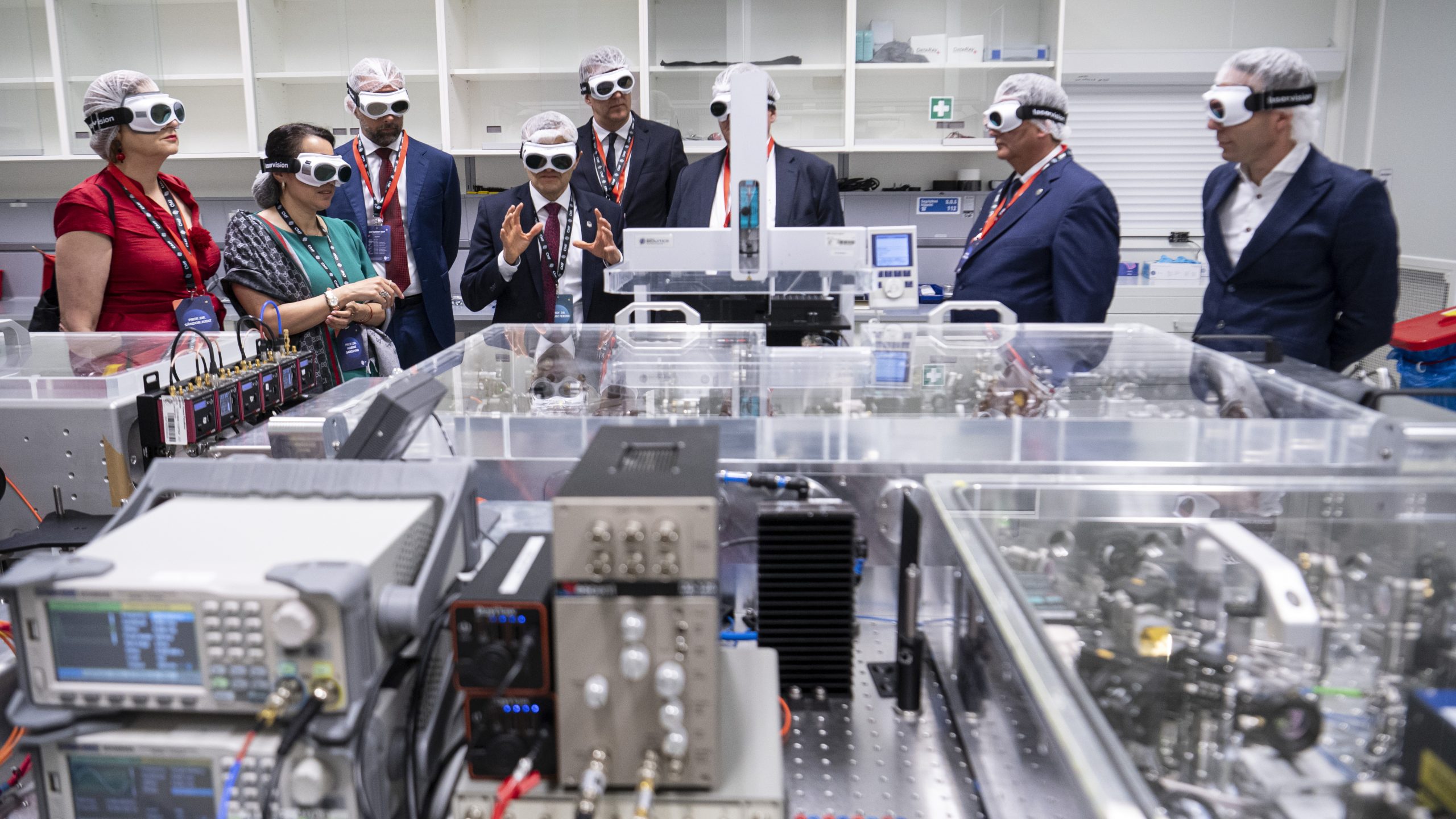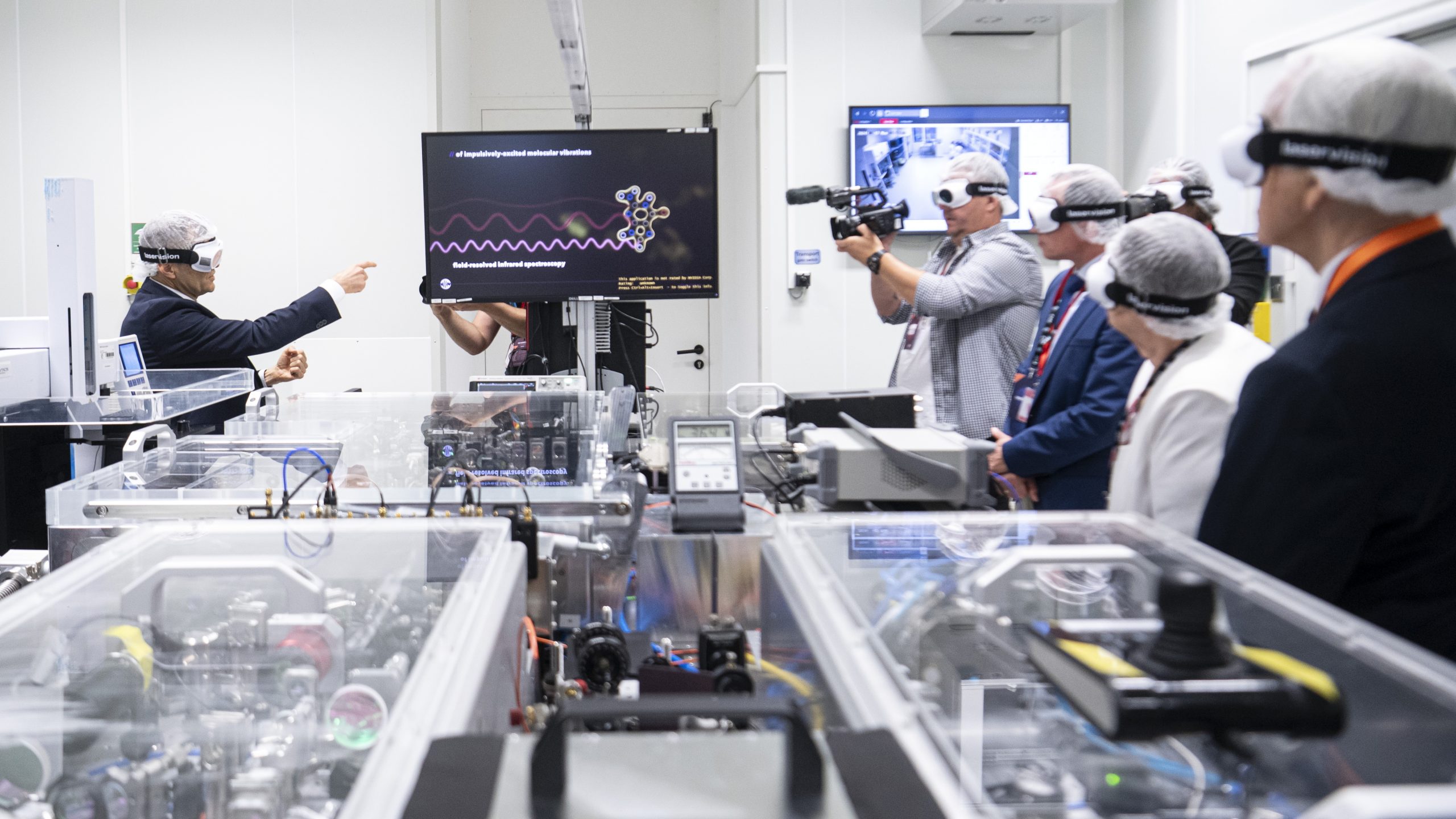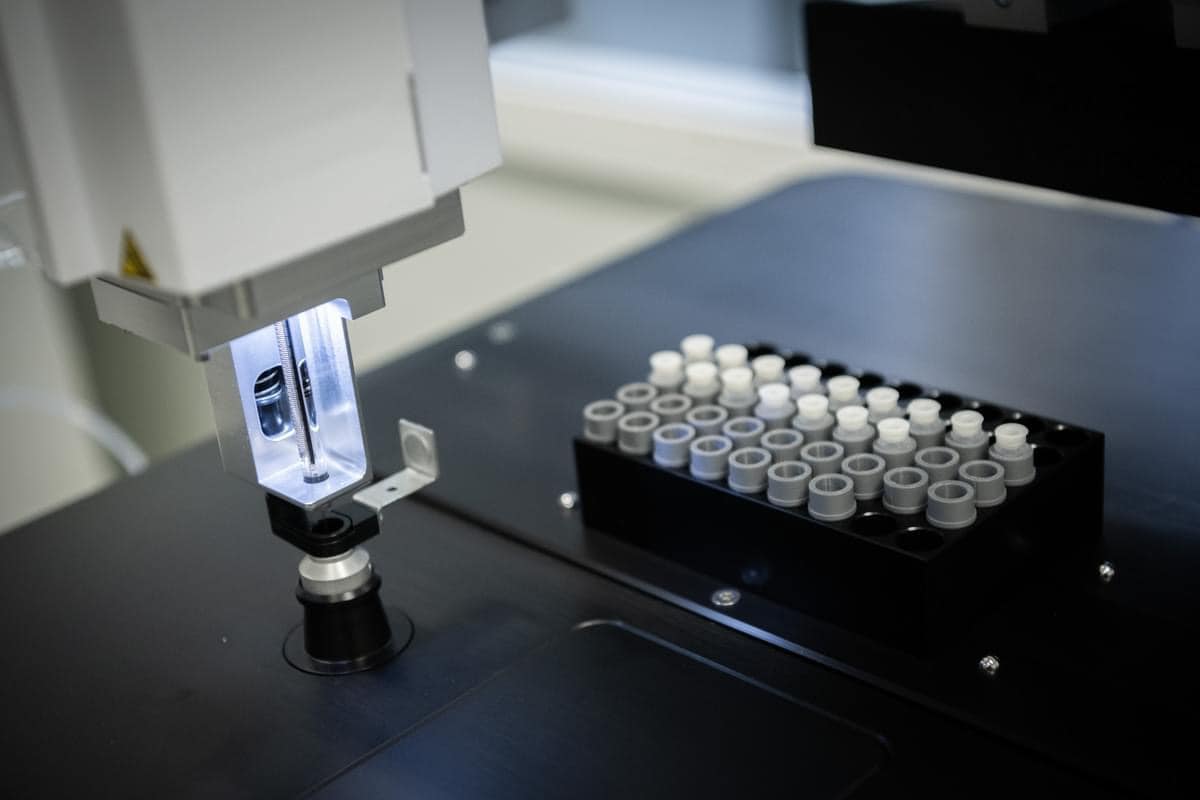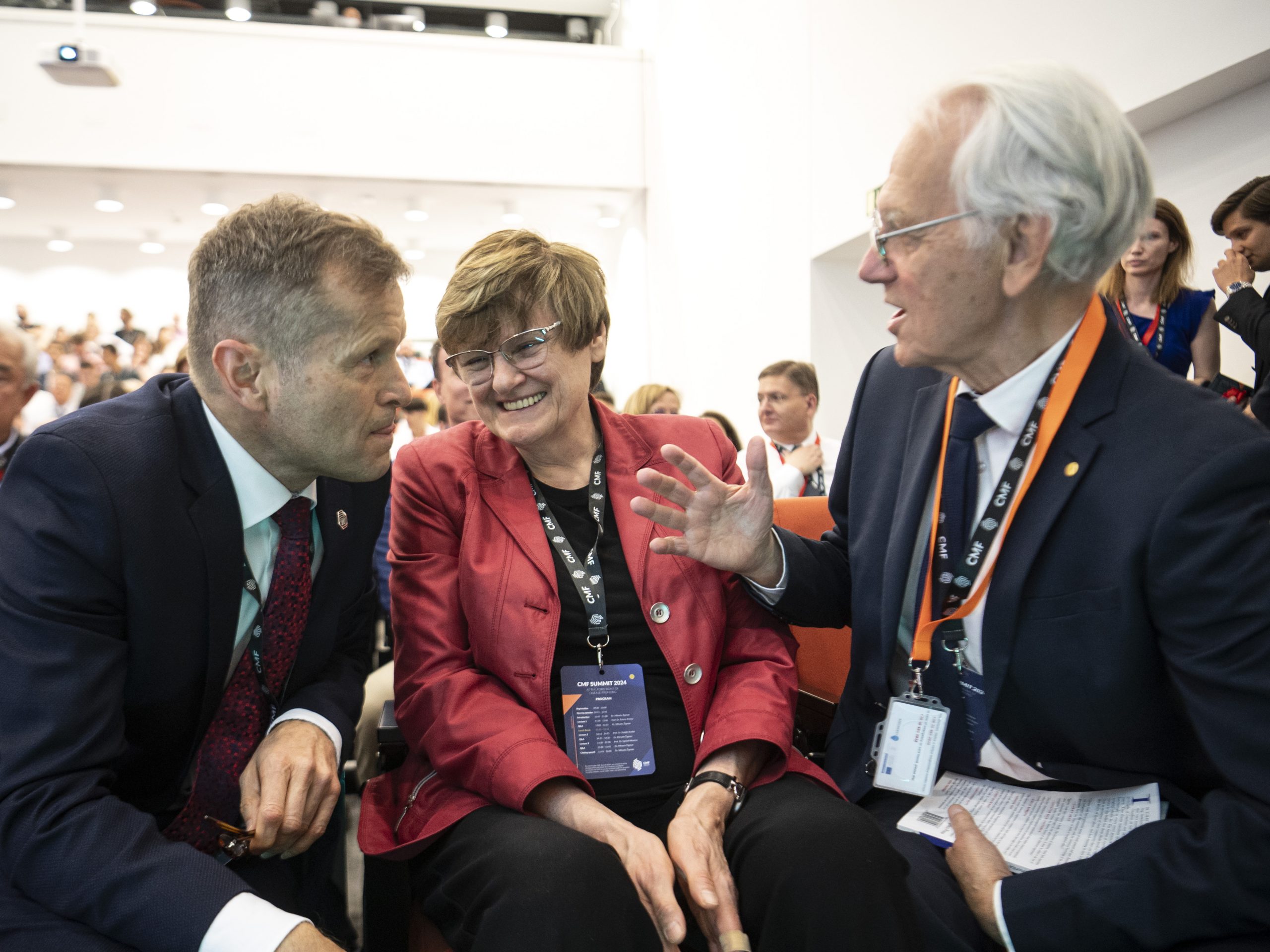
The program also supports cancer research.Continue reading

The new laser laboratory of the Center for Molecular Fingerprinting (CMF), led by Nobel Prize-winning physicist Ferenc Krausz, was inaugurated in Szeged (southern Hungary).
In his welcome speech, outgoing Minister of Culture and Innovation János Csák said that in the last 14 years, Hungary has become known for its quality workforce, excellent infrastructure, and knowledge. In order to turn the country into a knowledge platform, the government has launched the János Neumann Program, aiming to create an ecosystem linking higher education, research institutions, and businesses.
The key element of the initiative is its social impact, in addition to the economic and the intellectual impact in terms of publications,”
the politician stressed. On the social impact of scientific work, the Minister cited the mRNA research of Katalin Karikó that has saved many lives. Csák also pointed out that following consultations with universities and research centers, there had been a significant change in the system of scientific funding over the past two years.

Photo via MTI/Szigetváry Zsolt
Ferenc Krausz, CEO and scientific director of the CMF, emphasized that the development of the scientific concept of the center started in 2018.
Their aim is to develop a cost-effective testing method that will enable a happier and healthier life through early detection of diseases.
The collection of blood samples from volunteers (under the Health for Hungary – Hungary for Health (H4H) program) began after the pandemic lockdowns were lifted. The center has already enrolled 10,000 volunteers, most of them Hungarian, who regularly provide samples. The researcher added that this marks the launch of the largest long-term medical research program in Hungary’s history. So far, 47,000 samples have been collected and are stored in the biobank of the center’s partner, the University of Szeged, he pointed out.
CMF’s new laser laboratory, housed at ELI ALPS in Szeged, is the first of its kind in Hungary and only the second in the world. “The laboratory will enable the analysis of tens of thousands of plasma samples,” Krausz highlighted.

Photo via Facebook/Vitályos Eszter
In his presentation on the scientific background of the technique, the Nobel Prize-winning physicist noted that the sensitivity of infrared spectroscopy, which has been used for decades, can be improved by eliminating noise, thus laser light is used to analyze the samples. The process, he added, is similar to hitting a tuning fork and listening to the vibrations die down. Tuning fork vibrations can be easily recorded with a microphone, but special laser equipment is needed to record molecular vibrations. The sum of these vibrations is the molecular fingerprint, showing the smallest changes in the composition of the blood sample.
Additionally, Krausz presented the results of a study in which samples were collected from 470 patients with different stages of lung cancer, and from a control group of the same number of patients with the same composition in all other respects. The molecular fingerprinting of lung cancer patients differed significantly from that of the control group, and this difference increased with disease progression. “Artificial intelligence is an excellent tool for detecting these differences,” underlined the scientist. He explained that with the solution, the rate of false positives and false negatives will be significantly lower than with conventional tests that test for a single biomarker.
The accuracy of the method can be further improved by testing samples collected regularly from healthy patients.
The opening scientific conference, CMF Summit 2024 – At the Forefront of Disease Profiling, featured lectures by two other Nobel Prize winners, Katalin Karikó, Professor at the University of Szeged, and Gérard Mourou, Research Professor at the University of Szeged.

Ferenc Krausz, Katalin Karikó, and Gérard Mourou (L-R). Photo via MTI/Szigetváry Zsolt
Via MTI; Featured image via MTI/Szigetváry Zsolt